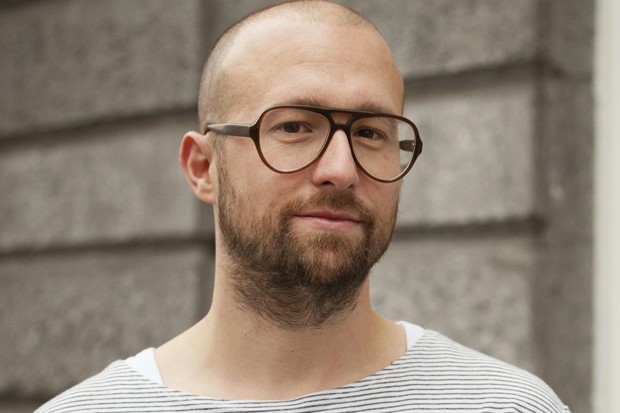Tobias Weber • Director
"What's so special about Late Shift is that the film never stops, it keeps running"
- LOCARNO 2016: Late Shift, directed by Swiss filmmaker Tobias Weber, is the world's first cinematic interactive film, presented in the Panorama Suisse section

Late Shift [+see also:
trailer
interview: Tobias Weber
film profile], directed by Tobias Weber and presented in the Panorama Suisse of the Locarno Film Festival, is the world's first cinematic interactive film, which you can watch on your tablet and enjoy during participative cinema events. Audiences at Locarno had the chance to take part in one of these unusual and unique collective experiences.
Like most films, Late Shift has one beginning, set heroes, a plot, and key points, but it also has countless possible storylines and seven different endings. Every viewer can create their own story which is influenced by the decisions they make. The main character of the story is Matt, a smart student who must prove his innocence after being forced to rob a famous London auction house. This is the beginning but how does it end?
Cineuropa met with the brains behind the project, which was produced by Ctrlmovie, co-produced by SRF, SRG SSR, and is being sold internationally by Crash Film Group.
Cineuropa: Where did the idea to make an interactive film come from?
Tobias Weber: It's hard to say, it's something that I was interested in doing for a long time. Maybe it came from my childhood and the cheesy adventure books I used to read, or the video games I used to play. In any event, the concept of interactive films, and the idea of giving the audience a choice was something I wanted to explore, but more on the content side of things. I really wanted to show people how their decisions have consequences in life. Basically, you are responsible for your life and your actions. Without judging the audience, I wanted to give them all the options and confront them with the consequences of their decisions. That was my motivation.
You emphasis the ‘cinematic quality’ of the film. Is this quality what sets Late Shift apart from other interactive film experiences?
We started with a linear story, but in the back of our minds we wanted to make something interactive. We started with the basic structure of the film: the crime, who is responsible, the mechanics of it all, and then we started developing all the variations. We worked closely with Michael Robert Johnson, who co-wrote the story with myself. Sure there have been other interactive films before this one, but what’s so special about Late shift and other such films is that the film never stops, it keeps running. That’s something that’s never been done before in cinemas. I think the flow of the story is a very important aspect. If you maintain the flow, you feel like it’s a film, but you control it. I think that’s what’s so cinematic about it. We also tried to keep the production value high, we wanted to make real cinema, proper cinema, but with something extra on top.
Could you tell us more about the participative cinema event that is part of the Late Shiftproject?
I think we were very surprised that the social screening went so well, that the project works so well. In a way it’s a sort of event-based cinema experience, akin to, for example, screenings with live orchestras. I mean, it sort of follows in the same vein and is definitely an event in the sense that I'm nervous about whether or not it's going to work throughout. It's not like a standard film that’s screened in the same way each time, every time it's different, so the fact that I'm nervous proves that it’s an event.
Did you enjoy reading this article? Please subscribe to our newsletter to receive more stories like this directly in your inbox.















